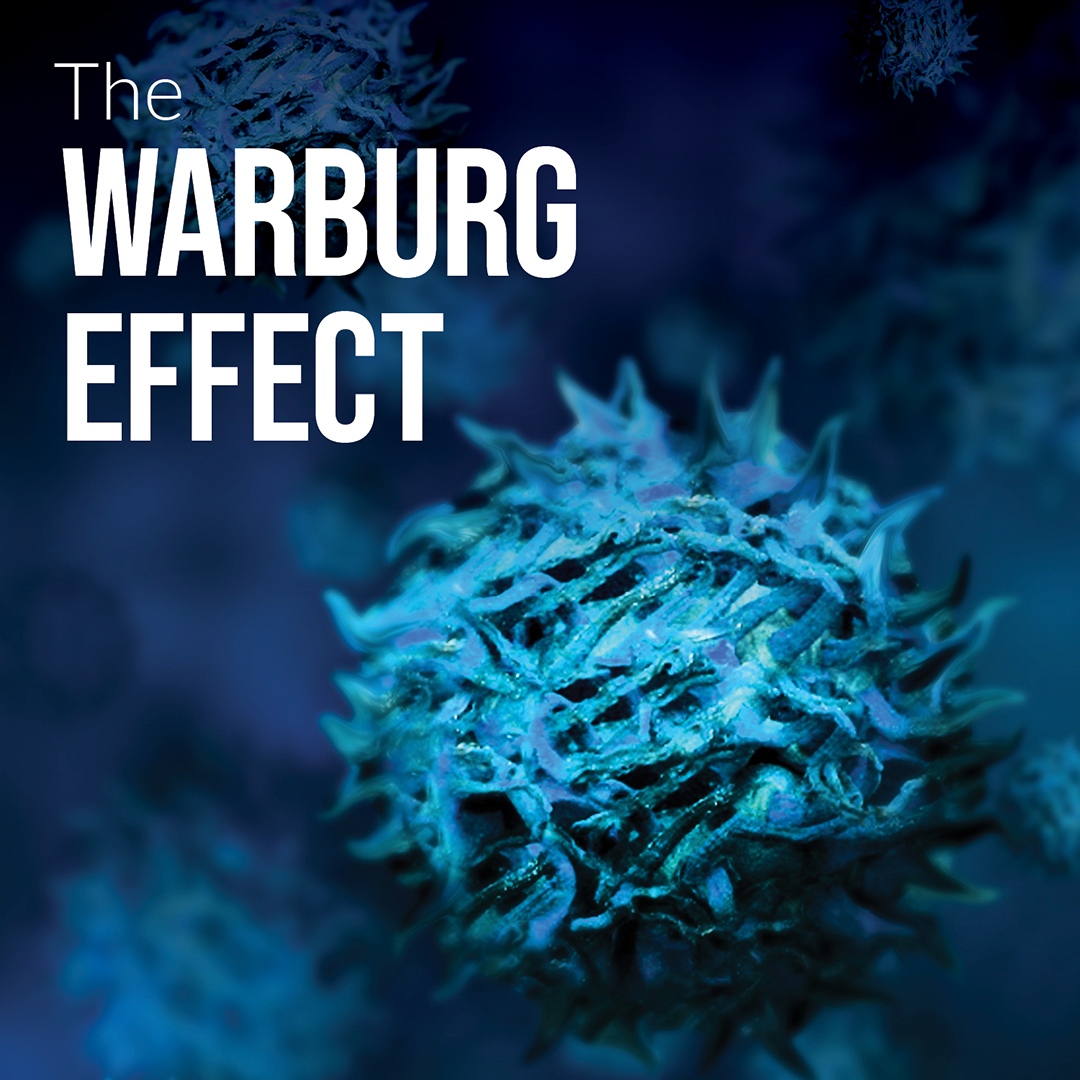It’s World Cancer Day and we’re highlighting an unusual metabolic property of cancer cells known as the Warburg Effect.
The Warburg Effect was first described by Otto Warburg nearly a century ago. He noticed that tumors consume huge amounts of glucose and that the majority of the glucose consumed is fermented to lactate, rather than oxidized in pathways that require respiration. This is known as “aerobic glycolysis” because it involves high levels of glycolysis, even in the presence of abundant oxygen (whereas anaerobic glycolysis occurs when oxygen levels are limited such as during a sprint).
The driver behind the Warburg Effect has long puzzled scientists. Cancer cells need to generate lots of ATP to fuel their growth and proliferation, and yet aerobic glycolysis is less efficient for ATP production than oxidative metabolism in the mitochondria.
Several theories have been put forward to attempt to explain the Warburg Effect. Most commonly, it is thought that cancers preferentially shunt these non-oxidized glucose carbons towards biomass synthesis to help produce new lipids, proteins, and DNA for the growing tumor. But some researchers suggest that the Warburg effect is a consequence of mitochondrial damage, or reflects an adaptation to low-oxygen environments. And one recent theory posits that it occurs because proliferating cells have higher requirements for the cofactor NAD+ compared to ATP. In oxidative phosphorylation NAD+ production is coupled to ATP, whereas production is uncoupled in fermentation.
Regardless of the underlying driver, this feature of cancer cells creates a vulnerability which may be exploited by metabolic therapies to target cancer cells (alongside other treatments). Strategies such as fasting, calorie restriction and a ketogenic diet lower systemic glucose levels and elevate ketones. Some cancers lack the ability to metabolize ketone bodies, so this means that these cells are starved of energy while normal cells adapt their metabolisms to use ketones.
A ketogenic diet may also have other beneficial effects in cancer, via direct action of BHB and by lowering insulin and insulin-like growth factor. More research is needed to determine the therapeutic implications of the Warburg Effect and develop clinical guidelines.
Always consult a doctor before making changes to your diet, especially if you have a medical condition.
![]()




